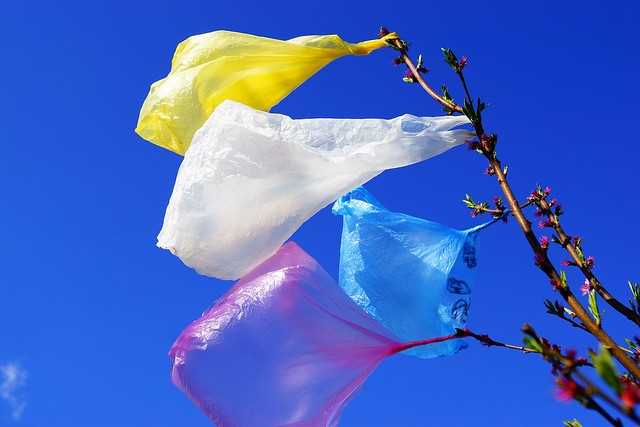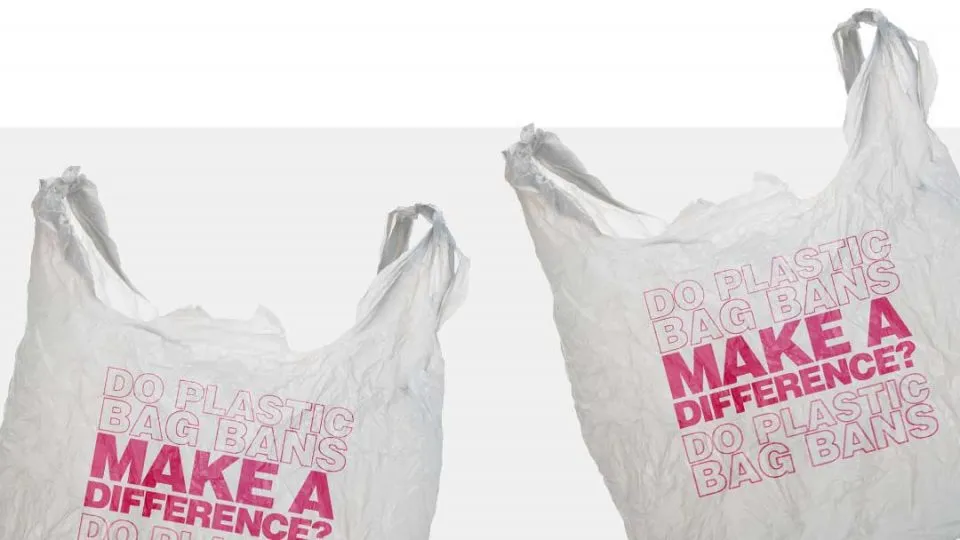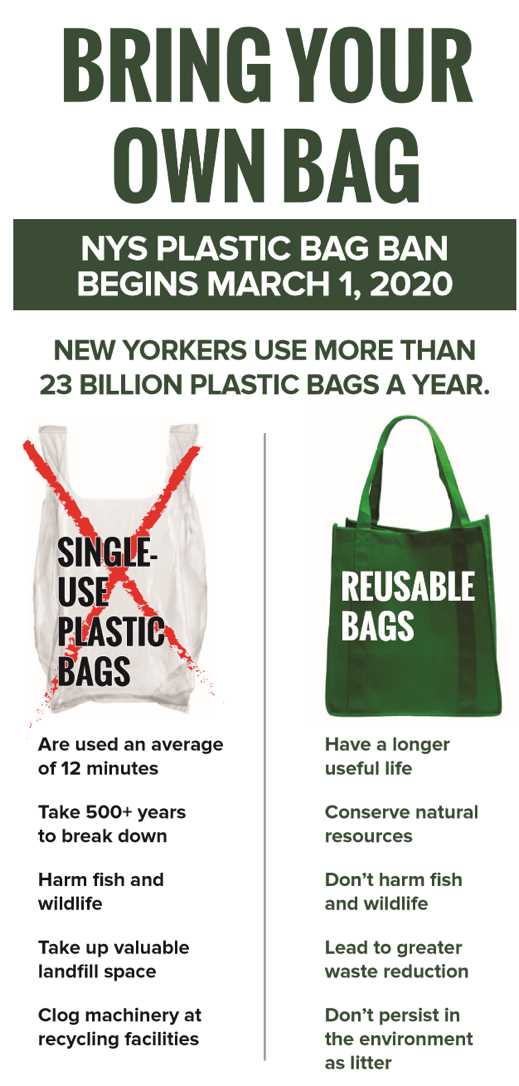Plastic bags have become a ubiquitous part of our daily lives, but their convenience comes at a high cost to the environment. These disposable bags contribute significantly to climate change due to their production, usage, and disposal. However, a simple yet effective solution to this problem is implementing a plastic bag ban. By banning plastic bags, we can take a crucial step towards mitigating climate change and creating a more sustainable future.
One of the main reasons a plastic bag ban can help fight climate change is through reducing greenhouse gas emissions. The production of plastic bags involves extracting fossil fuels and converting them into plastic, which releases harmful greenhouse gases. Additionally, the transportation and disposal of these bags further contribute to carbon emissions. By eliminating plastic bags, we can significantly reduce our carbon footprint and lessen the impact of climate change.
Moreover, a plastic bag ban can help protect our oceans and wildlife, which are severely affected by the presence of plastic waste. Every year, millions of plastic bags end up in rivers and oceans, posing a grave threat to marine life. Sea turtles, dolphins, and other marine creatures often mistake plastic bags for food, resulting in injury or death. By getting rid of plastic bags, we can safeguard our fragile ecosystems and preserve the biodiversity that is essential to maintaining a healthy planet.
Furthermore, the implementation of a plastic bag ban can foster a cultural shift towards sustainability. By eliminating a single-use plastic item from our daily lives, we are encouraged to seek alternative solutions that are less harmful to the environment. This can lead to a reduction in overall plastic consumption, as well as an increased awareness of the need for more sustainable practices. A plastic bag ban can serve as a catalyst for change and inspire individuals, businesses, and governments to adopt greener habits for the benefit of our planet.
In conclusion, a plastic bag ban holds immense potential to combat climate change and bring about positive environmental change. By reducing greenhouse gas emissions, protecting our oceans and wildlife, and fostering sustainable practices, we can create a cleaner and greener future. It is up to us to recognize the urgency of the situation and take action towards implementing a plastic bag ban to help fight climate change and preserve the planet for future generations.
- Reduced Plastic Waste
- Protection of Wildlife
- Decreased Greenhouse Gas Emissions
- Benefits of Decreased Greenhouse Gas Emissions
- Sustainable Resource Management
- Question-answer:
- How do plastic bags contribute to climate change?
- What are the reasons for implementing a plastic bag ban?
- What are the benefits of a plastic bag ban?
- How effective are plastic bag bans in fighting climate change?
Reduced Plastic Waste

A plastic bag ban can greatly reduce the amount of plastic waste that ends up in landfills and pollutes our environment. Plastic bags are often used for only a short period of time and then thrown away, resulting in a significant amount of waste. By implementing a ban, we can encourage the use of reusable bags and decrease the demand for single-use plastic bags.
The production and disposal of plastic bags also contribute to greenhouse gas emissions and other environmental problems. The production of plastic bags requires fossil fuels, such as oil and natural gas, which release carbon dioxide when extracted and processed. Additionally, plastic bags that end up in landfills can take hundreds of years to decompose, releasing harmful chemicals into the soil and water.
| Effects of Plastic Bag Waste | Solutions |
|---|---|
| Pollutes oceans and harms marine life | Promote the use of reusable bags and alternatives |
| Creates litter in communities | Encourage recycling programs and provide education on proper disposal methods |
| Contributes to global warming | Decrease demand for plastic bags through a ban and promote sustainable alternatives |
Banning plastic bags is an important step towards reducing plastic waste and combating climate change. It encourages individuals to think more sustainably and make choices that have a positive impact on the environment. By reducing plastic waste, we can conserve resources, protect wildlife, and create a cleaner and healthier planet for future generations.
Protection of Wildlife

A plastic bag ban can have significant positive impacts on wildlife. Many animals, such as sea turtles, birds, and whales, mistake plastic bags for food or become entangled in them. This often leads to injury, suffocation, or death.
By implementing a plastic bag ban, we can help protect wildlife by reducing the amount of plastic waste that ends up in their habitats. With fewer plastic bags in circulation, there is a lower risk of animals ingesting or getting trapped in them.
Furthermore, plastic bags can take hundreds of years to break down. As they degrade, they release microplastics into the environment, which can be harmful to animals that ingest them. By banning plastic bags, we can prevent the release of these microplastics, safeguarding the health of wildlife.
In addition, the production and disposal of plastic bags contribute to pollution and habitat destruction. Plastic bag factories release harmful emissions into the air, water, and soil, which can directly impact animal populations and their habitats. By eliminating plastic bags from our daily lives, we can reduce pollution and preserve natural ecosystems.
A plastic bag ban is a necessary step towards protecting wildlife and ensuring their survival. It can help mitigate the negative impacts of plastic waste on their habitats, prevent injuries and deaths caused by plastic ingestion or entanglement, and reduce pollution and habitat destruction. By implementing this ban, we can create a safer and healthier environment for all living creatures.
Decreased Greenhouse Gas Emissions

Plastic bags contribute to greenhouse gas emissions throughout their lifecycle. The manufacturing of plastic bags requires the extraction of fossil fuels, such as natural gas and petroleum. These fossil fuels release greenhouse gases, such as carbon dioxide, when burned or processed. By eliminating the production and use of plastic bags, we can reduce the demand for fossil fuels and subsequently decrease greenhouse gas emissions.
Additionally, plastic bags have a significant impact on waste management systems. When plastic bags end up in landfills, they decompose slowly, releasing methane, a potent greenhouse gas that is significantly more damaging than carbon dioxide. By banning plastic bags, we can minimize the amount of plastic waste that ends up in landfills, thereby reducing methane emissions and the overall impact on climate change.
In some cases, plastic bags may also contribute to air pollution. When plastic bags are incinerated as part of waste management processes, they release toxic chemicals into the atmosphere. These chemicals, such as dioxins and furans, can have detrimental effects on human health and contribute to the formation of smog. By eliminating the use of plastic bags, we can reduce the need for incineration and the associated air pollution.
Benefits of Decreased Greenhouse Gas Emissions

The reduction of greenhouse gas emissions through a plastic bag ban can have several benefits for our environment and society. It can help mitigate climate change by reducing the concentration of greenhouse gases in the atmosphere. This can lead to a decrease in global temperatures, which can help preserve ecosystems, reduce the frequency and intensity of extreme weather events, and protect vulnerable communities from the impacts of climate change.
Furthermore, reducing greenhouse gas emissions can contribute to improving air quality. By reducing the combustion of fossil fuels used in the production and disposal of plastic bags, we can minimize the release of air pollutants and improve respiratory health. This can have positive impacts on human well-being and reduce healthcare costs associated with air pollution-related illnesses.
In conclusion, a plastic bag ban can play a crucial role in decreasing greenhouse gas emissions. By reducing the demand for fossil fuels, minimizing plastic waste in landfills, and mitigating air pollution from incineration, we can make significant strides towards combating climate change and creating a more sustainable future.
Sustainable Resource Management
Sustainable resource management is an essential concept that plays a crucial role in mitigating climate change. It involves the responsible and efficient use of resources to meet present needs without compromising the ability of future generations to meet their own needs.
By implementing a plastic bag ban, sustainable resource management can be achieved by reducing the reliance on single-use plastic bags. These bags are made from non-renewable fossil fuels and contribute to greenhouse gas emissions during production and disposal.
Instead of using plastic bags, alternative sustainable options can be promoted, such as reusable bags made from natural fibers or recycled materials. This not only reduces the demand for new resources but also reduces waste generation and pollution.
Furthermore, sustainable resource management extends beyond the issue of plastic bags. It encompasses the responsible management of all resources, including water, energy, and land. By adopting sustainable practices in these areas, we can minimize waste, conserve natural resources, and reduce our carbon footprint.
Overall, sustainable resource management is vital in the fight against climate change. By promoting the use of sustainable alternatives to plastic bags and implementing sustainable practices in various areas, we can help reduce greenhouse gas emissions, conserve resources, and create a more sustainable future for generations to come.
Question-answer:
How do plastic bags contribute to climate change?
Plastic bags contribute to climate change in several ways. Firstly, the production of plastic bags requires the extraction of fossil fuels, which leads to greenhouse gas emissions. Additionally, plastic bags take hundreds of years to decompose, releasing methane gas as they break down in landfill sites. Methane is a potent greenhouse gas that contributes to global warming. Finally, the disposal of plastic bags often involves burning them, which releases toxic fumes and further adds to air pollution and climate change.
What are the reasons for implementing a plastic bag ban?
There are several reasons for implementing a plastic bag ban. Firstly, it helps to reduce the demand for fossil fuels, as the production of plastic bags requires petroleum extraction. By reducing the production and usage of plastic bags, we can decrease greenhouse gas emissions associated with the extraction and manufacturing processes. Secondly, a plastic bag ban encourages the use of reusable bags, which can be made from more sustainable materials. Lastly, a ban on plastic bags can help reduce litter and the environmental damage caused by plastic pollution.
What are the benefits of a plastic bag ban?
A plastic bag ban has several benefits. Firstly, it helps to reduce plastic pollution, as plastic bags are one of the most common types of litter found in oceans, rivers, and other ecosystems. This reduces the harm caused to wildlife, who can mistake plastic bags for food or become entangled in them. Secondly, a ban on plastic bags encourages the use of reusable alternatives, which are more durable and can be used multiple times. Reusable bags also reduce the need for producing and disposing of single-use plastic bags, which saves resources and energy. Lastly, a plastic bag ban can inspire broader changes in consumer behavior and raise awareness about the importance of reducing plastic waste.
How effective are plastic bag bans in fighting climate change?
Plastic bag bans can be effective in fighting climate change. By reducing the production and usage of plastic bags, we can decrease the demand for fossil fuels and the associated greenhouse gas emissions. While plastic bags alone may not have the largest impact on climate change, every small step towards reducing greenhouse gas emissions is important. Plastic bag bans also serve as a symbol and catalyst for broader changes in consumer behavior and government policies to address climate change and reduce plastic waste.